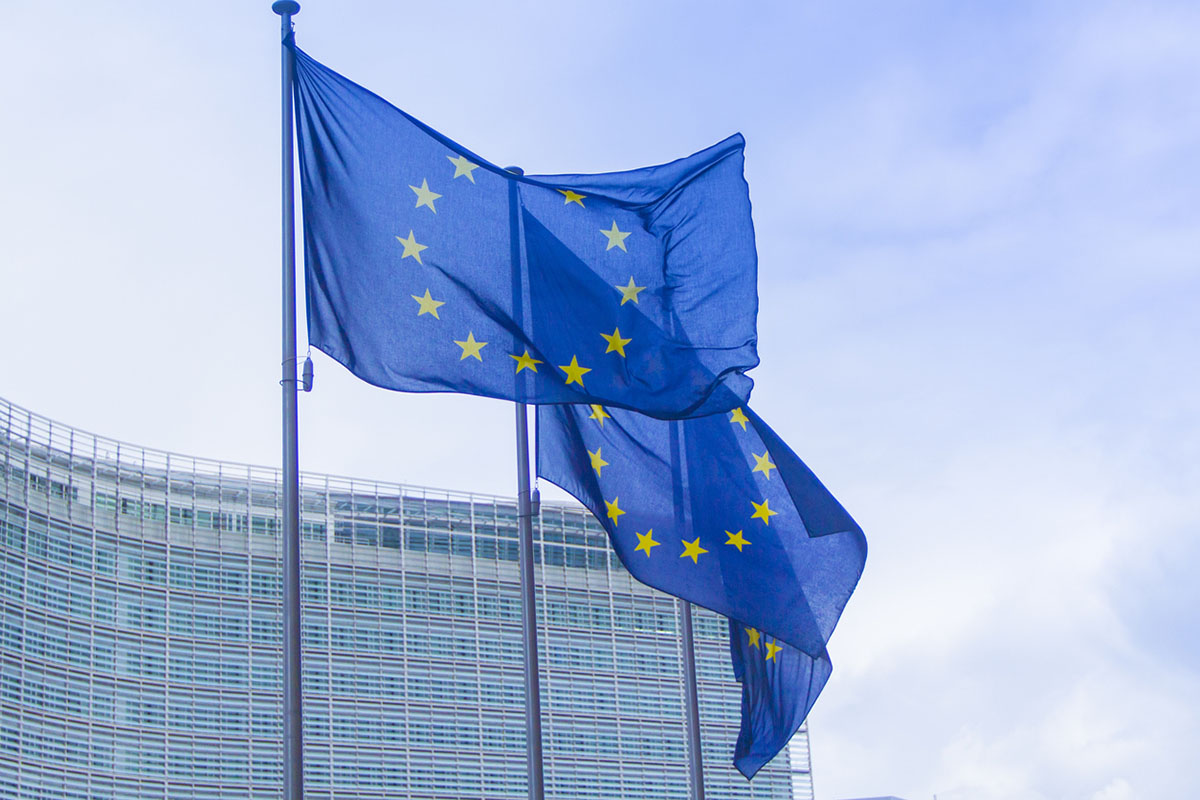European Commission Approves €80 Million Dutch Measure for Renewable Hydrogen Technology Demonstration
Key Ideas
- The European Commission has approved a €80 million Dutch measure to support Djewels B.V., a subsidiary of HyCC B.V., in demonstrating innovative renewable hydrogen production technology in line with EU objectives.
- The project aims to produce renewable hydrogen using an alkaline electrolyser with high current density electrodes, high-pressure hydrogen output, and a small spatial footprint, with a capacity of 20 MW.
- The aid will be in the form of a direct grant to cover the project's expected funding gap, with a clawback mechanism in place if the project generates extra net revenues. The construction is set to start in 2024, with operation by 2027.
- The Commission's assessment found the measure necessary, proportionate, and having limited impact on competition and trade, approving it under EU State aid rules and aligning with the EU Hydrogen Strategy and European Green Deal objectives.
The European Commission has approved a €80 million Dutch measure to support Djewels B.V., a subsidiary of the hydrogen company HyCC B.V., in the demonstration of an innovative renewable hydrogen production technology. The measure is in line with the objectives of the EU Hydrogen Strategy and the European Green Deal, aiming to contribute to the development of renewable hydrogen production. The project supported by the measure involves the construction and operation of a demonstration project for producing renewable hydrogen with advanced technology, including an alkaline electrolyser with high current density electrodes. The project, with a capacity of 20 MW, is considered a significant innovation in the EU. The aid, provided as a direct grant, will cover the project's funding gap, with a clawback mechanism in place for potential extra revenues.
The European Commission's assessment concluded that the measure supports key EU policy initiatives, has an 'incentive effect' to encourage the project, and is proportionate and necessary. The approval aligns with the EU State aid rules and the 2022 Guidelines on State aid for climate, environmental protection, and energy. The project is expected to start construction in 2024 and be operational by 2027. This support for renewable hydrogen production is essential in achieving the ambitious goals set by the EU Hydrogen Strategy, European Green Deal, and European Climate Law, which aim at net zero emissions and greenhouse gas reduction targets by 2030.
Topics
Europe
Renewable Energy
European Green Deal
Climate Protection
Innovative Technology
EU State Aid Rules
Energy Aid
Clean Hydrogen Production
European Climate Law
Latest News
